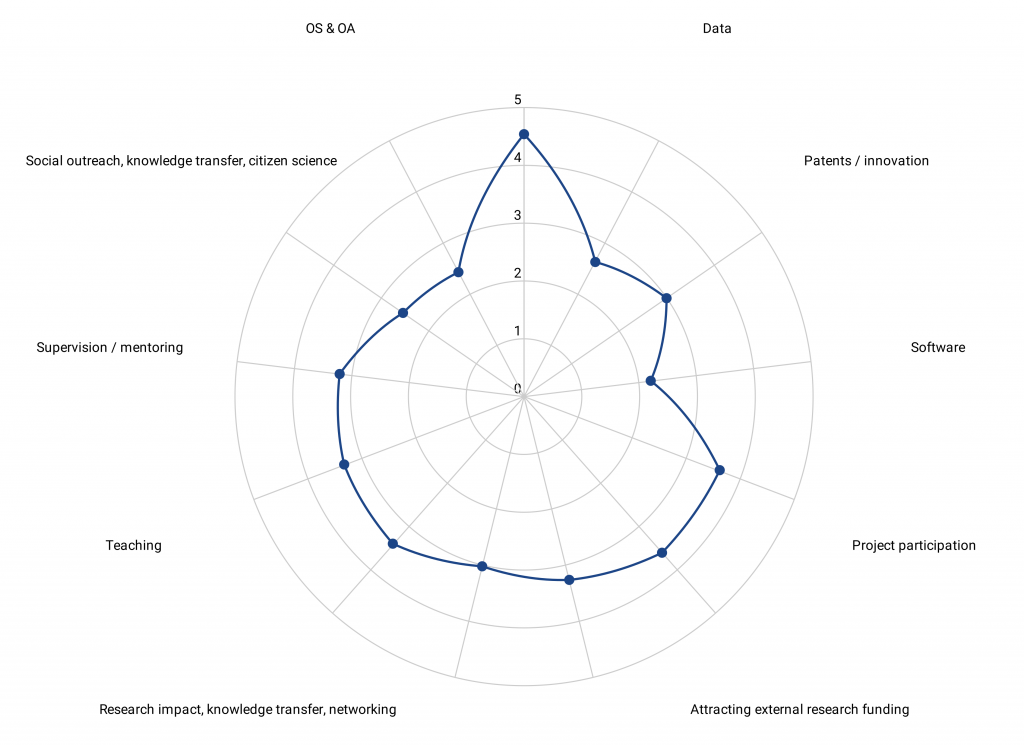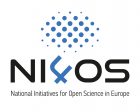Southeast Europe is a highly diversified region in political, social and economic terms. Accordingly, the NI4OS-Europe project team had to take into account some overall challenges related to this broader social and political context.
Varying Levels of Available Funding
| Category | Country | World Bank Country Ranking Income | Research and Development Expenditure (% of GDP) | Net EU Contribution in Horizon 2020 (million EUR) |
| EU members | Bulgaria | UM | 0.83236998 | 161.25 |
| Croatia | H | 1.08105004 | 137.97 | |
| Cyprus | H | 0.71463001 | 319.47 | |
| Greece | H | 1.27566004 | 1710.82 | |
| Hungary | H | 1.47736001 | 371.13 | |
| Romania | H | 0.47832 | 300.69 | |
| Slovenia | H | 2.04703999 | 379.85 | |
| Albania | UM | no data | 5.79 | |
| Non-EU members | Armenia | UM | 0.17854001 | 4.20 |
| Georgia | UM | 0.28468001 | 8.71 | |
| Moldova | LM | 0.23672 | 7.36 | |
| Bosnia & Herzegovina | UM | 0.19264001 | 8.72 | |
| Montenegro | UM | 0.36328 | 4.62 | |
| N. Macedonia | UM | 0.36783001 | 14.80 | |
| Serbia | UM | 0.88666999 | 134.85 |
Data sources: World Bank; Horizon Dashboard. LM—Low-middle-income. UM—Upper-middle-income. H—High income. GDP—Gross Domestic Product. EU—European Union.
NI4OS-Europe partner countries in 2019: World Bank Country Ranking, research and development expenditure (percent of GDP) and the net contribution in Horizon 2020.
Investment in research development in the NI4OS-Europe partner countries is generally lower than in the rest of Europe. Most EU members among the partner countries belong to High Income Economies according to the World Bank ranking. The associated countries mostly belong the group of Upper-Middle-Income Economies. The table shows the research and development expenditure in the NI4OS-Europe partner countries: In all partner countries it is below the EU average (2.2% of GDP) and only in Slovenia is it close to the EU average.
The table also shows that the EU members among the partner countries were more actively involved in Horizon 2020 projects and they, accordingly, received more funds.
Varying Structure of OS Stakeholders across Countries
The number and structure of Open Science stakeholders vary across the countries, which certainly has an impact on the focuses, priorities and engagement levels.
Non-EU Countries Are Less Integrated in European Open Science Networks
NI4OS-Europe partner countries include both EU members (Bulgaria, Croatia, Cyprus, Greece, Hungary, Romania, Slovenia) and Associated Countries (Albania, Armenia, Bosnia and Herzegovina, Georgia, Moldova, Montenegro, North Macedonia, Serbia), which are not equally integrated in European Open Science initiatives. The diagram shows the representation of the NI4OS-Europe partner countries in major Open Science and EOSC-related initiatives, research infrastructures and consortia. Colour coding is used to indicate various initiatives/infrastructures/consortia. Hover your mouse over a segment to see the percentage of the partner countries represented in a specific initiative/infrastructure/consortium. Move from the centre to the periphery of the diagram to see the percentage of countries represented in multiple initiatives/infrastructures/consortia. For example, if you hover over the third layer from the centre (red) in the right half of the diagram, you will see the percentage of the NI4OS-Europe partner countries that are not EU members but are members of OpenAIRE and GEANT, or if you hover over the small green segment in the left half of the diagram, you will see the percentage of the NI4OS-Europe partner countries that are EU members and the the same time members of OpenAIRE, GEANT, CESSDA, DARIAH and have an RDA Node.
The Lack of Incentives for Open Science
In the research evaluation systems in the region, publications are perceived as the most important element, while research data and software are considered the least important. As a consequence, Open Science practices are insufficiently incentivized.

The importance of various parameters in research evaluation based on the responses to the question “Which of these aspects are taken into account most when evaluating researchers?” provided by researchers and representatives of research performing organisations (CREATE) (0 – not important; 5 – very important)
Further reading
Kosanović, Biljana, & Ševkušić, Milica. (2023). NI4OS-Europe landscaping survey results [Data set]. Zenodo. https://doi.org/10.5281/zenodo.7668342
Ševkušić, M.; Toli, E.; Lenaki, K.; Kanavou, K.; Sifakaki, E.; Kosanović, B.; Papastamatiou, I.; Papadopoulou, E. Building National Open Science Cloud Initiatives (NOSCIs) in Southeast Europe: Supporting Research and Scholarly Communication. Publications 2022, 10, 42. https://doi.org/10.3390/publications10040042
